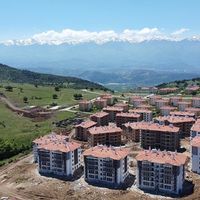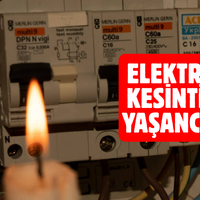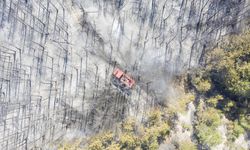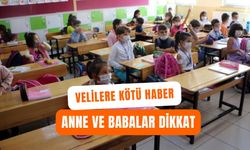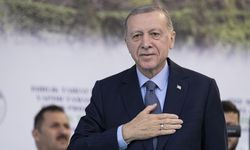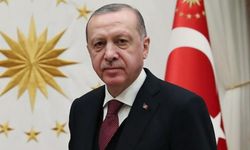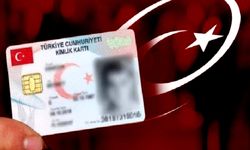
War and conflict can have profound and lasting psychological effects on children. These effects may vary depending on a number of factors, including the child's age, exposure to violence, duration of conflict, and availability of support systems. Here are some basic psychological considerations:
Trauma and Post-Traumatic Stress Disorder
Children exposed to the horrors of war can experience trauma, which can lead to the development of PTSD. Symptoms may include nightmares, flashbacks, severe anxiety, and emotional numbness. These symptoms may persist for years after the conflict ends. The constant threat of violence and loss of a sense of security can lead to chronic anxiety in children. They may develop intense fears such as separation anxiety, agoraphobia, or social anxiety. Losing loved ones, being displaced from their homes, and the harsh realities of war can lead to depression in children. They may experience feelings such as hopelessness, sadness, and withdrawal from social interactions. : Children in war-affected areas often experience multiple losses, including the death of family members, friends, and the loss of their homes. Grief can be overwhelming, and the ability to cope can vary greatly between individuals.
Depersonalization
Some children exposed to long-term violence may become desensitized to violence, normalizing behavior that would be considered violent or cruel in more peaceful environments. This can have long-term consequences on their empathy and emotional development. For some children, exposure to violence and trauma can lead to aggressive behavior and behavioral disorders. They may have difficulty controlling their anger and may engage in destructive behavior.
Disruptions in Education
War often disrupts education, which can affect a child's development and future opportunities. Many children in conflict zones cannot attend school regularly, leading to deficiencies in their knowledge and skills. In some conflicts, children may be exposed to extremist ideologies that can shape their beliefs and identities. They may become prone to radicalization or join armed groups. The psychological trauma experienced by children in war may have intergenerational effects. Children growing up in such environments can carry the trauma and its consequences into their adult lives, affecting their own families and communities.
It is very important to provide psychological support and counseling for children affected by war. Protective factors such as a stable and supportive family, access to education, and a safe community environment may help alleviate some of the psychological effects. Additionally, efforts to promote peace and stability in conflict-affected areas can help reduce children's exposure to war trauma.








